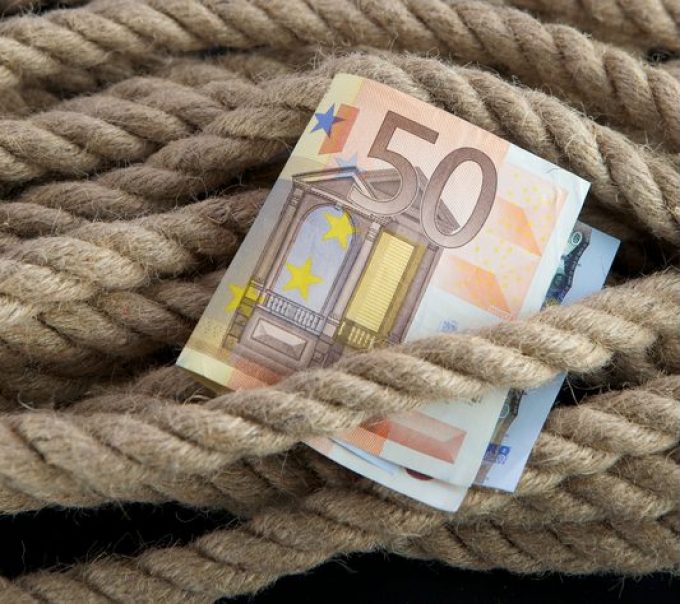Diverting box ships will push up GHG emissions
This story was altered at 2:15 on 14 December. Carriers hit by slow demand, causing overcapacity ...

Maritime subsidies issued by some of the largest economies to the shipping industry have had a limited impact, according to new research from the OECD, which argues that they need to be reformed.
A new report released today, Maritime Subsidies – do they provide value for money? from the OECD-backed International Transport Forum and authored by maritime economist Olaf Merk, investigated the impact of the three main types of government subsidies made available to shipping companies and the wider industry ? ...
Semiconductors could compensate for air freight's lost ecommerce traffic
'It’s healthy competition' Maersk tells forwarders bidding for same business
Transpacific sees first major MSC blanks as rates fall and volumes falter
'Weakened' Maersk paying a heavy price for its lack of fleet growth
US shippers slam USTR port fee plan – 'an apocalypse for trade'
Opposition builds for final hearing on US plan to tax Chinese box ship calls
Despite sourcing shifts, 'don't write-off China', says CMA CGM CCO
Calling all shippers!
Please give us a minute of your time to answer the following questions:

Comment on this article